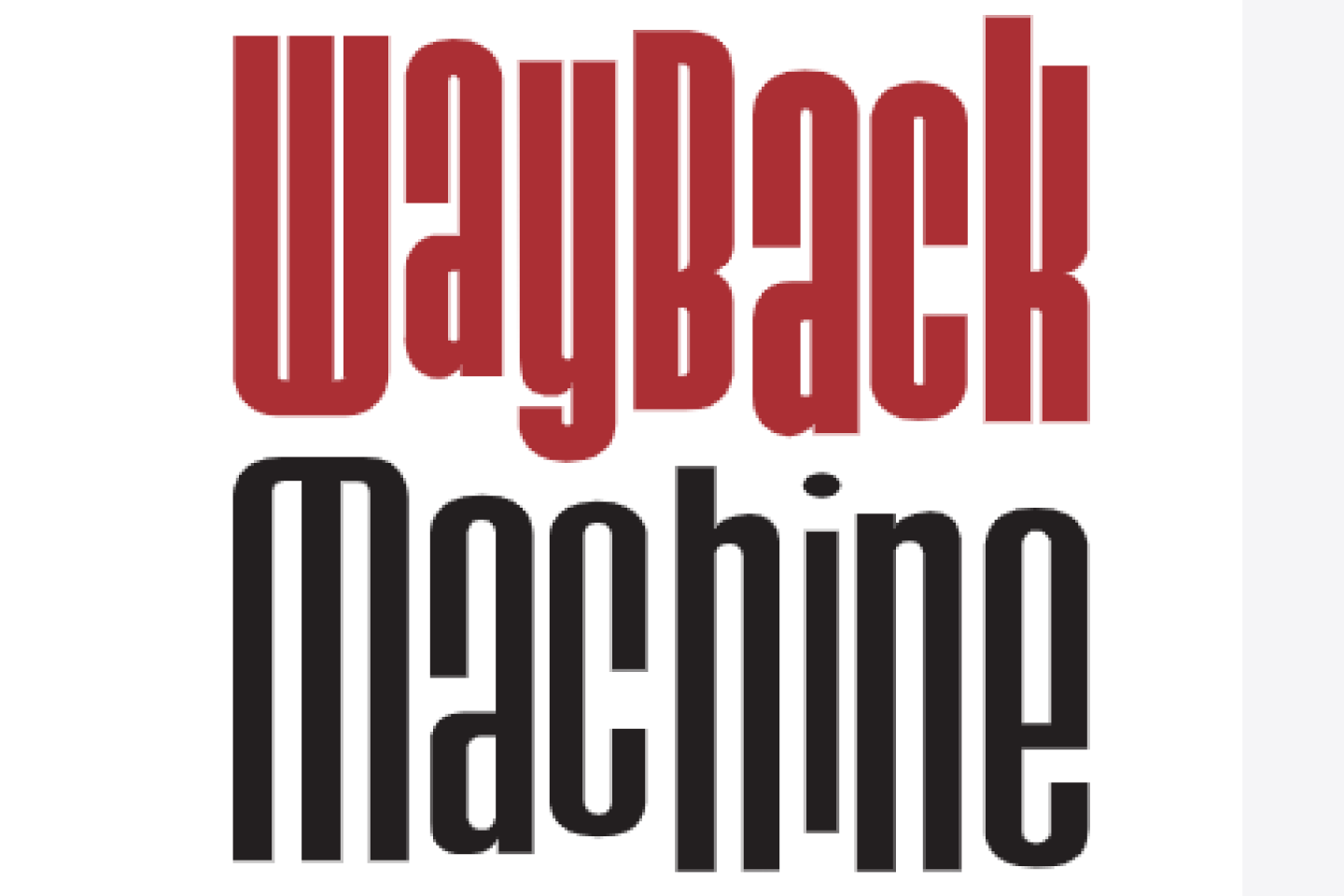The first hearings in the case were between the Internet Archive and the main service that archives web pages “Wayback Machine” (“Time Machine”), and four major international book publishers, held on Monday, March 20 in a New York court. French group Hachette and American publishers HarperCollins, John Wiley & Sons and Penguin Random House filed a complaint in 2020 against the foundation that manages the Internet Archive, alleging that it illegally distributed their books without respecting copyright.
The Internet Archive has been creating backup copies of nearly all Internet sites for over twenty-five years to preserve the history of the network. Over the years, it has developed many partnerships with libraries, archives and institutions (including the BNF in France) and works with them to preserve this heritage.
But this massive archive also contains copies of books, documents, videos and video games. In 2020, after libraries were closed during the Covid-19 pandemic, the site set up a free “lending” service. The service extended an existing functionality that allowed users to check out digital books for a limited time, but not allow more than one person to listen to the same book at the same time. During the pandemic, the Internet Archive removed this restriction, allowing many people to “borrow” the same work at the same time. It relies on a practical foundation similar to that practiced by many libraries around the world that offer digital lending services; Mass piracy, set up without paying publishers a license, alleges four publishing houses that complained.
A discussion on the concept of “debt”.
During the first hearing, on March 20, lawyers for the Internet Archive argued that the project was not commercial and considered that the service fell within the scope of the US doctrine. fair use (fair use), which provides exceptions to the classic intellectual property regime, facilitates the dissemination of ideas, and can be combined with a classic library loan. A key argument by lawyers for publishers that the new Internet archive service would be to distribute copies of works was rejected.
Judge John G. presided over the trial. Goldl appeared to accept the publishers’ arguments that a hearing should be specifically determined to resolve the dispute. “The question of whether a library can lend a book (…) is not the question raised by this file”. He recalled legal precedents establishing that a complete copy of a book was not covered by the doctrine fair use. However, in the interest of defence, Mr. Koeltl noted.
A decision is expected in the coming weeks, but in any case it should be the first step in what will be a lengthy legal process. A penalty for significant damages will directly affect the Internet Archive, a substructure with a limited budget.

“Certified food fanatic. Extreme internet guru. Gamer. Evil beeraholic. Zombie ninja. Problem solver. Unapologetic alcohol lover.”







More Stories
Tired of losing, she finally played the lottery and won $20 million
Five migrants have drowned trying to reach the UK
FBI Director Sees TikTok as US “National Security Problem”